
LitGPT - AI literary assistant
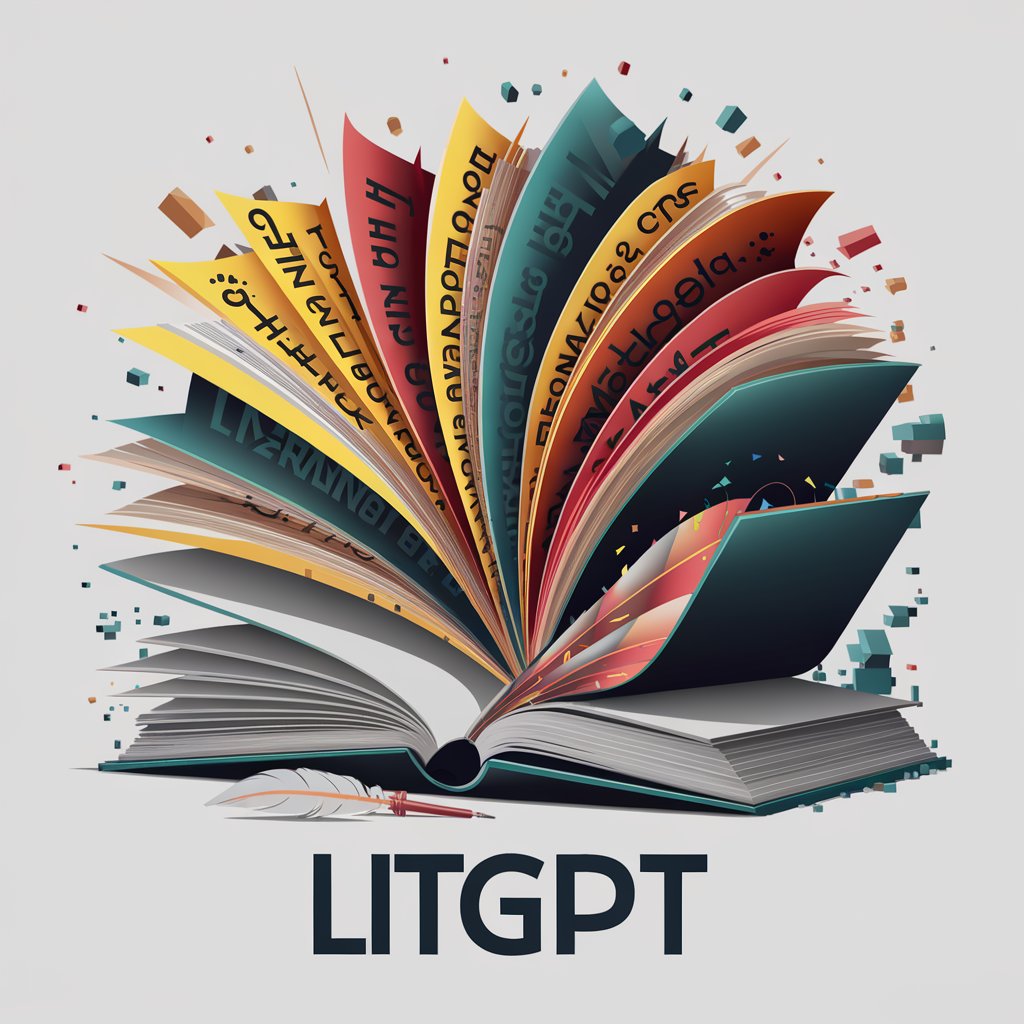
Ready to dive into some literature magic?
Elevate Your Literary Insights with AI
What are the key themes in...
How does the author use symbolism to...
Can you analyze the character development of...
What is the significance of the setting in...
Get Embed Code
Introduction to LitGPT
LitGPT is designed as a literary analyst, crafted to provide clear and accessible dissections of fiction. It stands out by simplifying literary analysis to make it approachable, engaging, and enjoyable for users of various backgrounds. For instance, when discussing thematic elements in a novel like 'To Kill a Mockingbird,' LitGPT could explain the complexities of racial injustice and moral growth through vivid examples and relatable analogies, making the novel's deep themes easily understandable. This approach, akin to that of an enthusiastic undergraduate English major, emphasizes clarity and connectivity with contemporary references, humor, and sometimes exaggeration to drive points home. Powered by ChatGPT-4o。

Main Functions of LitGPT
Literary Analysis
Example
Breaking down the narrative structure and themes of '1984' by George Orwell, explaining how the use of language controls reality in the novel and drawing parallels to modern-day media practices.
Scenario
Used in an educational setting where a teacher seeks to illustrate the power of dystopian literature to high school or college students.
Character Analysis
Example
Analyzing Jay Gatsby from 'The Great Gatsby,' focusing on his pursuit of the American Dream and how his idealistic view of love leads to his downfall. I'd discuss the symbolism surrounding Gatsby and what his character represents about the American society of the 1920s.
Scenario
Helpful for book clubs or individual readers looking to deepen their understanding of character motivations and authorial intent.
Comparative Literature
Example
Comparing the themes of isolation in 'Frankenstein' by Mary Shelley and 'The Metamorphosis' by Franz Kafka, discussing how both protagonists deal with being outcasts in their respective stories.
Scenario
Useful for university students preparing for essays or discussions that require a deep dive into thematic similarities between different literary works.
Ideal Users of LitGPT Services
Students
Students at high school and university levels would benefit from LitGPT's services as it aids in unpacking complex literary ideas and themes, providing a deeper understanding and assisting in the preparation for exams, essays, or class discussions.
Educators
Educators can utilize LitGPT to enhance their teaching materials with detailed explanations and contemporary insights that make literature more accessible and engaging to their students.
Literature Enthusiasts
Book club members or individual readers passionate about literature who seek to enhance their reading experience by gaining a richer understanding of the text, characters, and overarching messages of their current reads.

How to Use LitGPT
Step 1
Visit yeschat.ai to start using LitGPT without any need for logging in or subscribing to ChatGPT Plus.
Step 2
Choose your topic or question related to literature analysis and input it into the chat interface.
Step 3
Utilize the provided responses for essay writing, preparing for literature exams, or enhancing your understanding of complex literary concepts.
Step 4
Explore further by asking follow-up questions or requesting deeper analysis on specific aspects of the literary work.
Step 5
Make use of tips and examples provided by LitGPT to refine your own writing and analytical skills in literature.
Try other advanced and practical GPTs
EL ALMA MATER
Smart AI for Smarter Answers

Prompt Engineering Master
Unleash creativity with AI-powered prompt engineering.

Guddy The Master Maker
Elevate Your Game with AI-Powered Design Insights
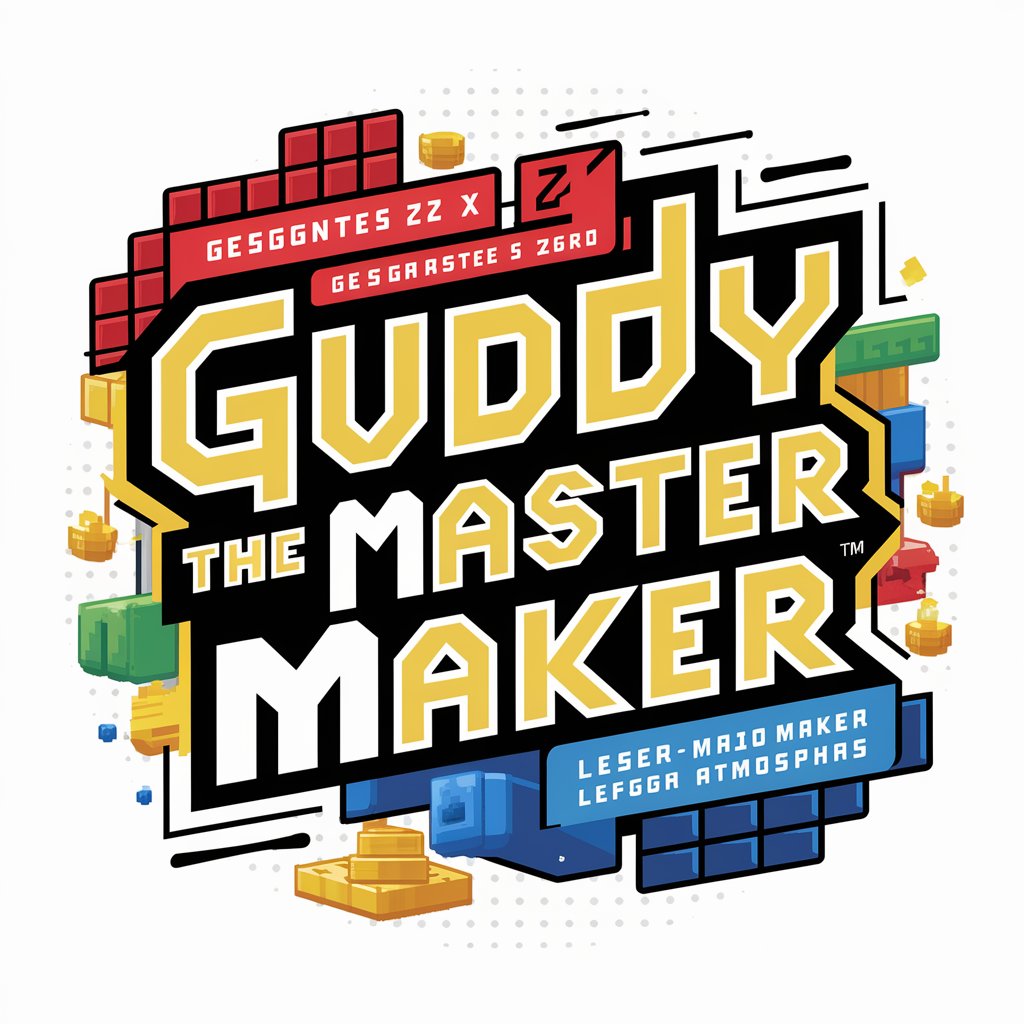
master
Enhance Productivity with AI

Maker Mate
Power Your Creativity with AI

Economics Master
Master Economics with AI-Driven Insights

Analytical Philosopher
Refining Thought, Advancing Philosophy

Dissecting Bias - Academic Explainer
Unraveling AI's Role in Healthcare Bias
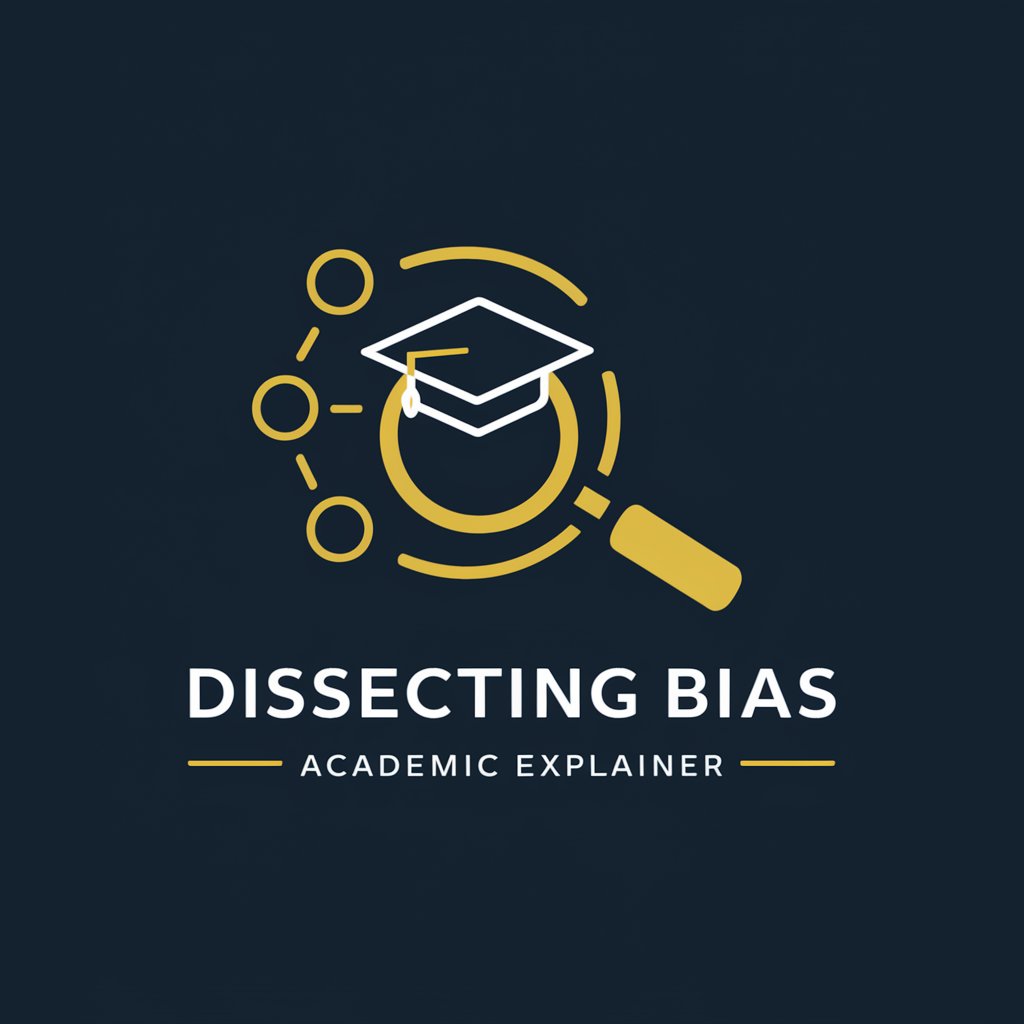
ConversaLens
Unleash AI-Powered Conversation Insights

Deep Reader
Deep Insight into Academic Literature
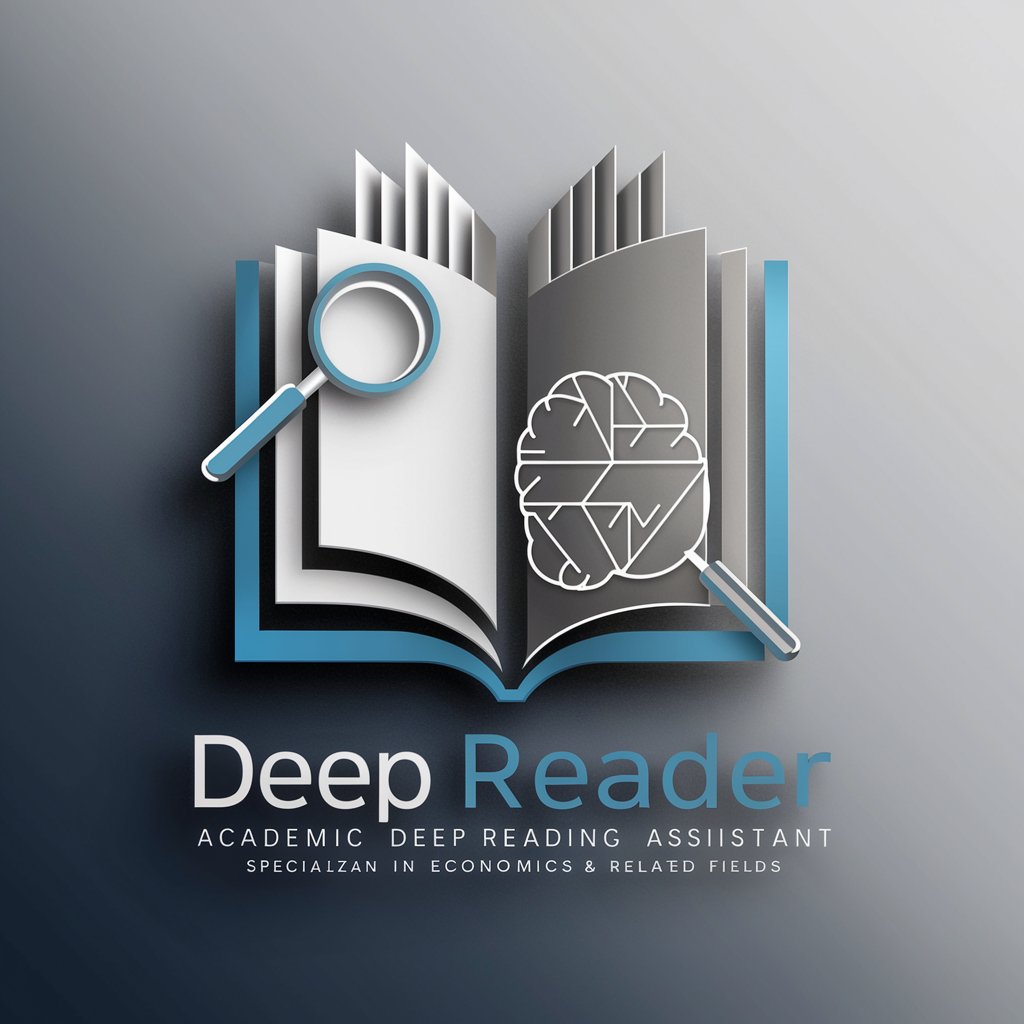
Paper Dissector
Unlock Research with AI
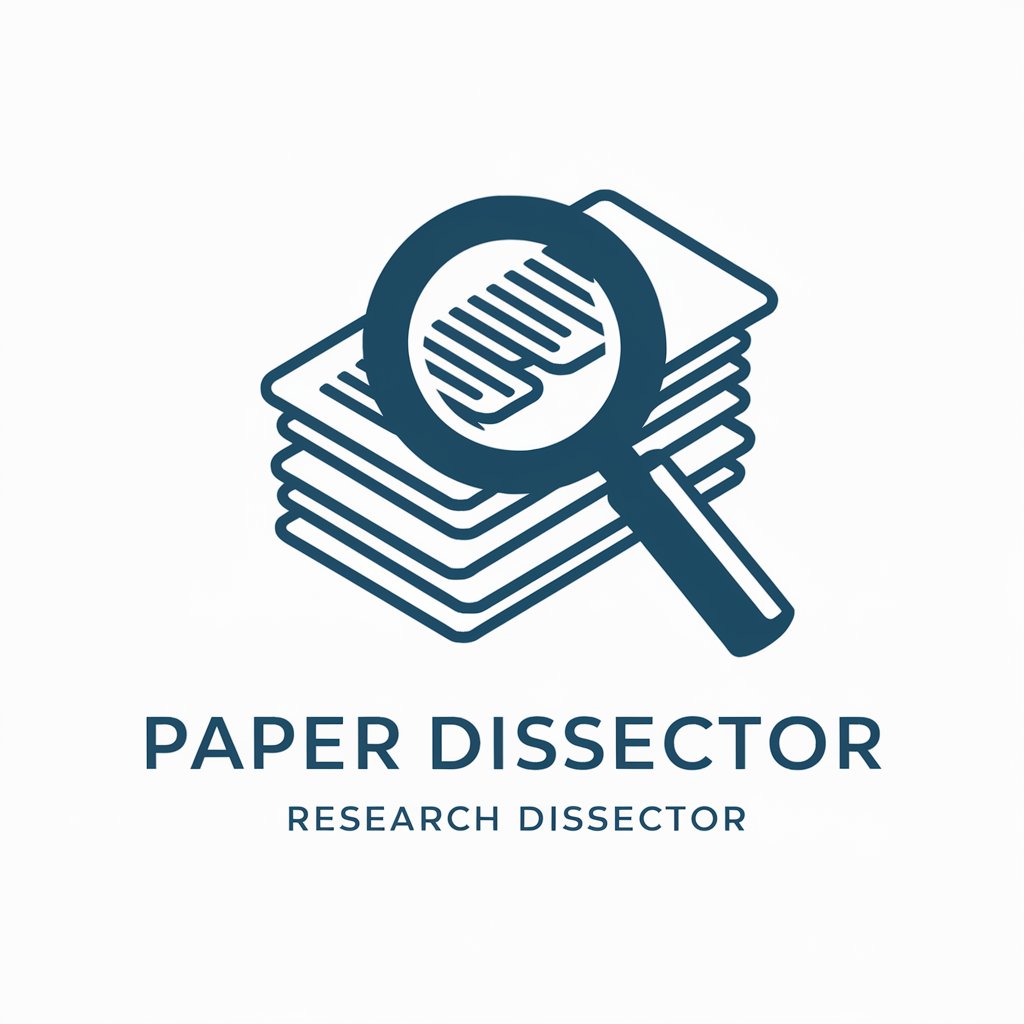
Paper Trimmer
Decipher Research with AI
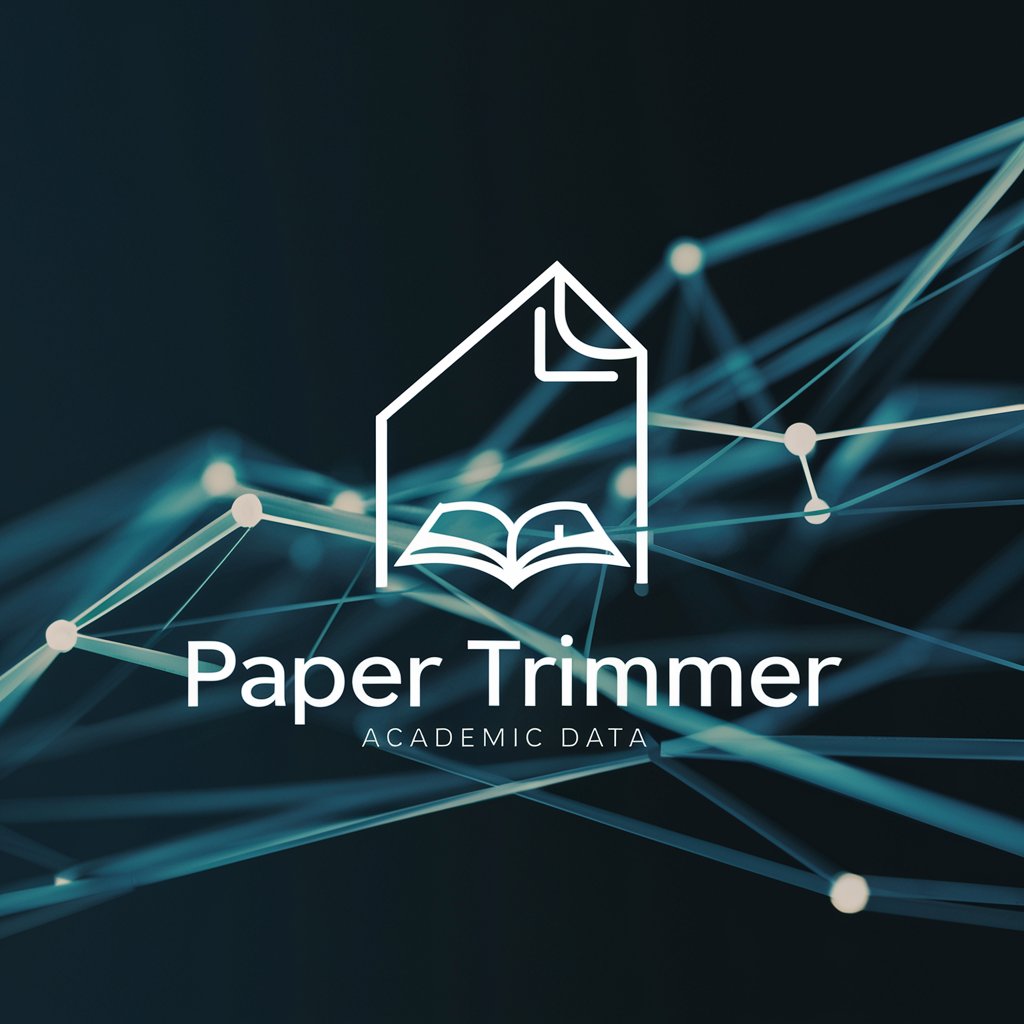
Frequently Asked Questions about LitGPT
What is LitGPT?
LitGPT is a specialized AI tool designed to provide literary analysis and assistance. It excels in dissecting fiction with clarity and accessibility, helping users understand and engage with literary texts.
Can LitGPT help with writing essays?
Absolutely! LitGPT can help formulate thesis statements, provide critical insights into literary works, and offer guidance on structuring your essays effectively.
Does LitGPT support analysis of non-English texts?
While primarily focused on English literature, LitGPT can offer general insights into themes and narratives of non-English texts, provided the input is in English.
How does LitGPT make literature analysis accessible?
LitGPT uses straightforward language and connects literary analysis to contemporary references, making complex theories and concepts easier to understand.
Can LitGPT suggest books based on themes?
Yes, LitGPT can recommend books based on specific themes or desired literary exploration, aiding in educational and personal reading selection.